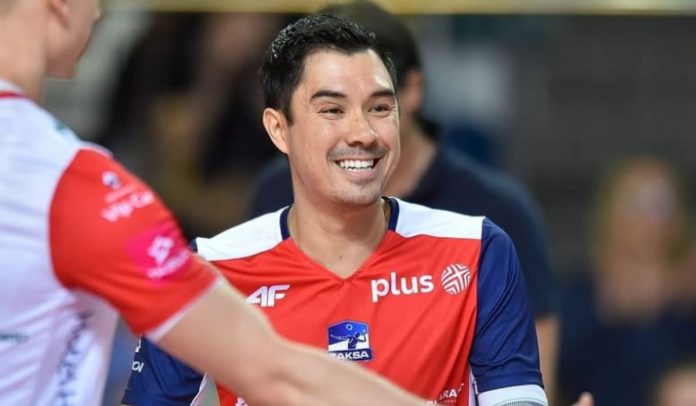In a heartfelt and powerful video shared across TikTok and Instagram, U.S. men’s national volleyball team captain Erik Shoji came out publicly as queer on June 16, 2025.
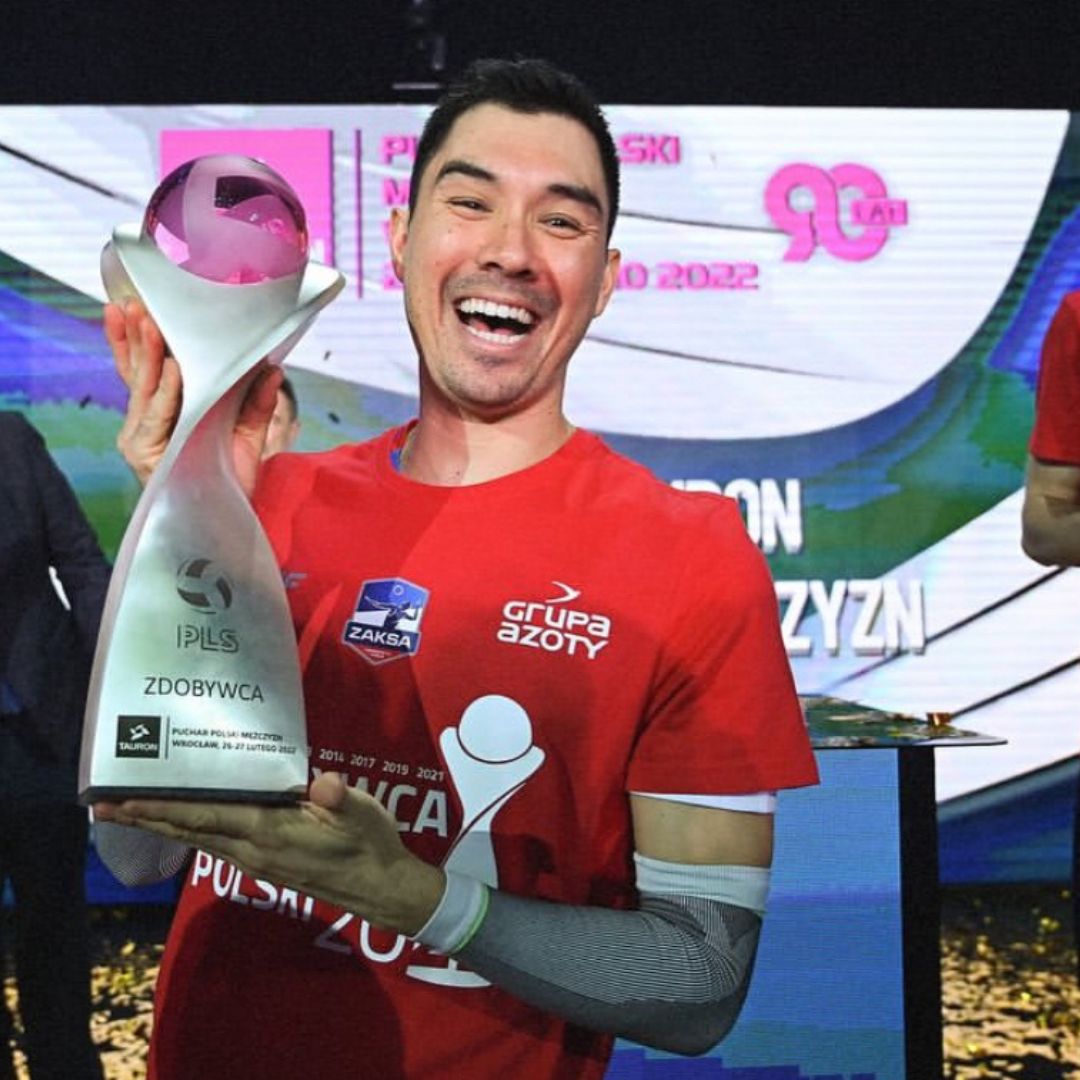
The announcement was met with widespread support and celebration online, especially from fans and fellow athletes in the LGBTQ+ community.
Shoji, 35, is already a three-time Olympian and widely respected in the volleyball world.
But this announcement marked a deeply personal milestone for the athlete.
In the video, he shared, “I’m here to tell the world today that I am queer.”
The statement, though simple, carried tremendous emotional weight and was met with an outpouring of love and admiration.
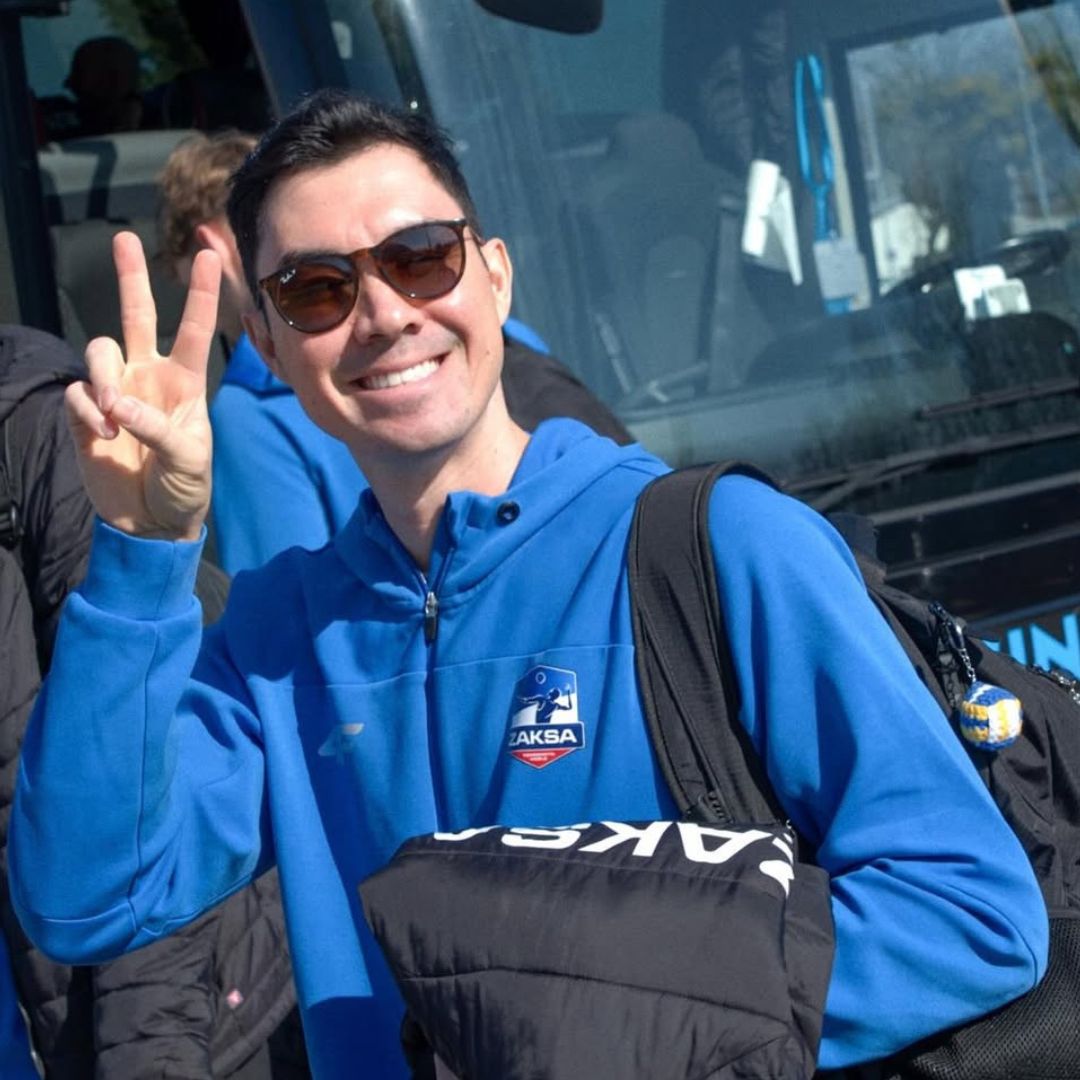
Shoji admitted that the decision was both scary and freeing, emphasizing that personal acceptance has been a long journey.
“It took a long time and I’m working through that still every day,” he said.
His openness struck a chord in a sports world where male athletes still rarely come out publicly.
Erik’s volleyball roots run deep, Outsports reports.
Raised in Honolulu in a family of volleyball legends, his father Dave Shoji is a coaching icon at the University of Hawaii, and his brother Kawika Shoji is an Olympic medalist.
Related: Gay Athlete Nico Young Smashes Record & Wins Diamond League
Erik himself made NCAA history as the first-ever four-time AVCA All-American and recorded an astounding 1,402 digs during his college career at Stanford.
Since then, Shoji has become an international volleyball star, collecting titles in countries like Germany and Poland.
And yes, he looks good doing it — the cheekbones alone deserve their own medal.
Support came in fast.
USA Volleyball released a statement saying, “Proud of you, Erik. Your courage, authenticity, and leadership continues to inspire us all.”
Fellow out teammate Merrick McHenry added, “Erik! Thank you for being you!”
Other volleyball stars like Cody Kessel, Aleksander Sliwka, Bartosz Kurek, Jordan Larson, and Kelsey Robinson also publicly shared their support.
Even Curt Miller, the out GM of the WNBA’s Dallas Wings, sent his congrats, praising Shoji’s authenticity and leadership.
Shoji reflected, “I want my life to feel like I have one life.”
For him, being open about who he is means no longer living in halves.
“Part of me hopes that the world keeps spinning, and the volleyball community stays amazing, accepting and growing.”
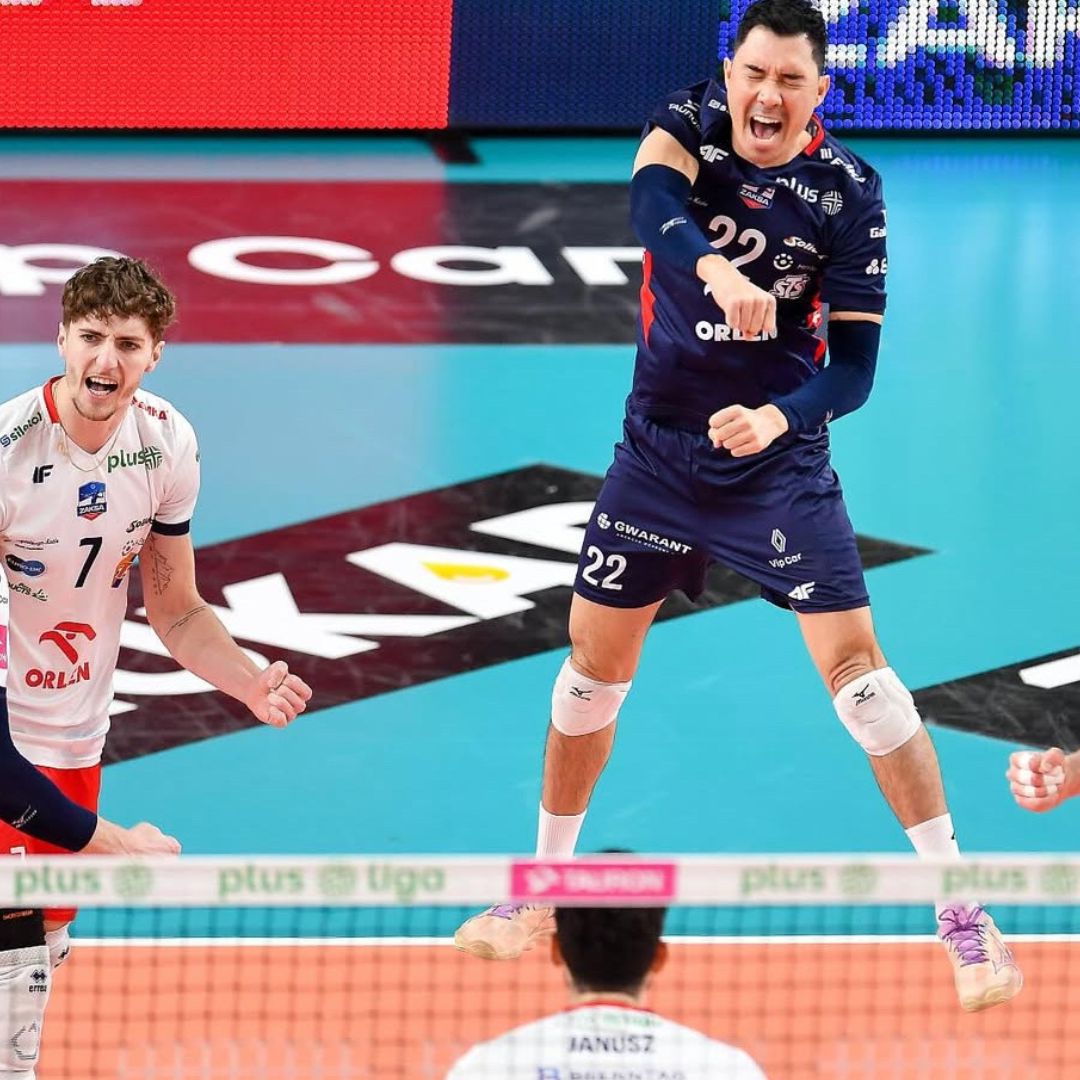
He is set to return to the court on June 25 in Chicago against China — his first match since coming out.
“I’m hoping to be almost the same person moving forward, hopefully better,” he said.
“And I hope to just inspire people to be themselves and to be personable, be kind, be nice and to love life.”
Shoji’s story is not just about volleyball.
It’s also about legacy, courage, and family resilience.
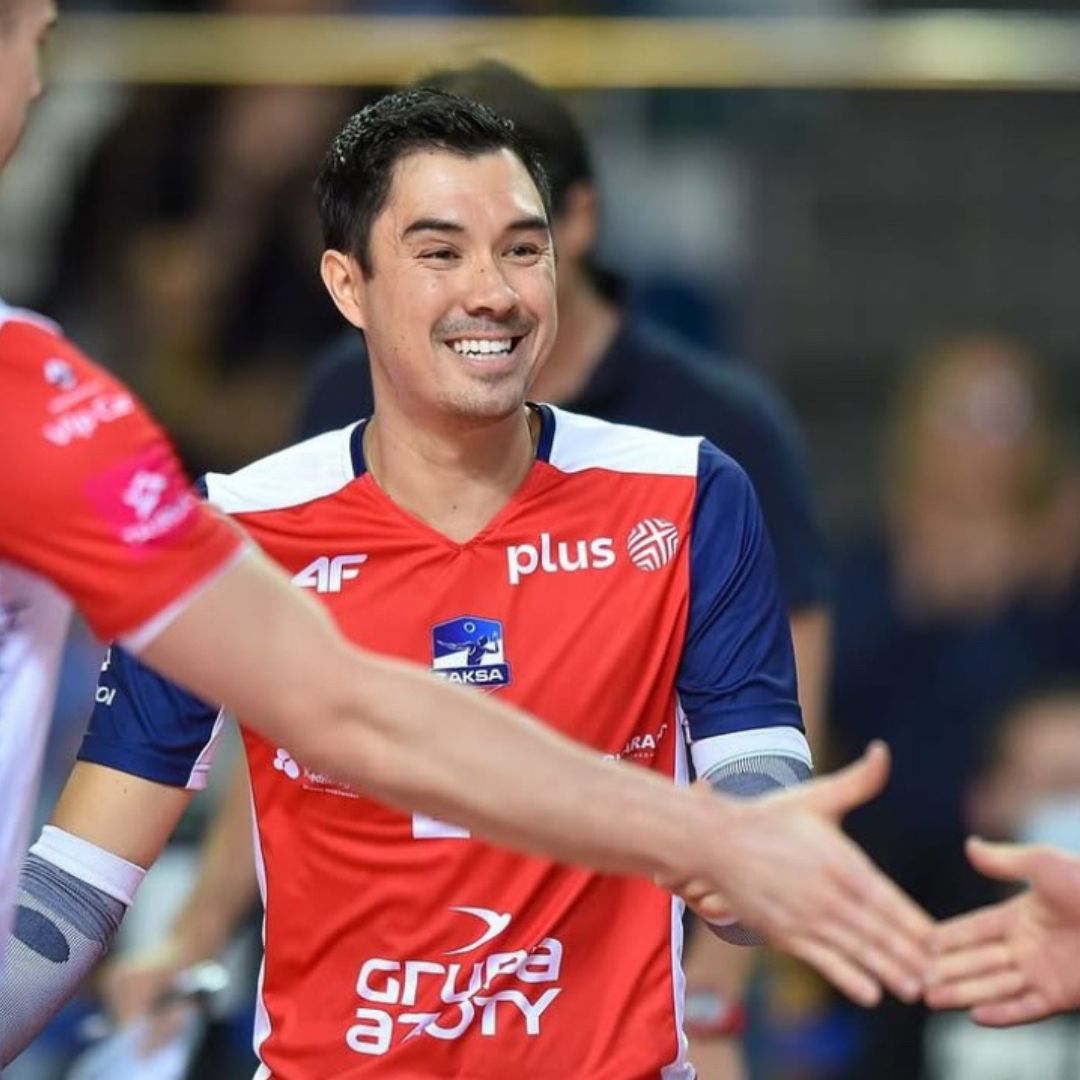
His grandparents met in a Japanese American internment camp during WWII, and his grandfather later served in the 442nd Infantry Regiment, one of the most decorated U.S. military units.
Now, Erik Shoji adds a new layer to that family story — one filled with pride, truth, and representation.
From his powerful coming out to the sea of support that followed, Erik Shoji reminds us that visibility in sports matters — and that authenticity, even when scary, can be a radical and beautiful act of strength.
Related: Tom Daley Says Love Saved Him And Dustin Lance Was the Lifeline



